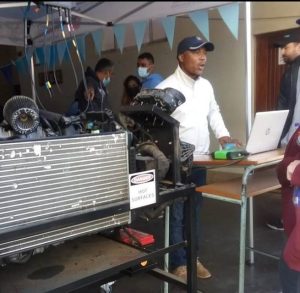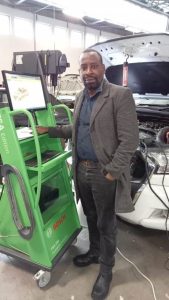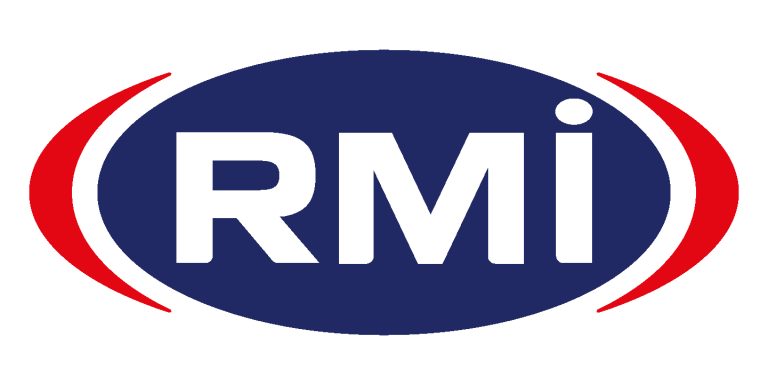Skills development in South Africa is a key driver for upskilling the existing workforce to keep pace with continuous technological advancements and to address the urgent need to create jobs and address inequalities in the workplace.
A current vocational campaign, TVETSmart, which is running in the Eastern Cape, is proactively addressing the current skills crisis by advocating for more Technical and Vocational Education and Training (TVET) Colleges and shifting the focus towards more vocational and technical education.
The campaign is funded through the German Ministry of Economic Development and Cooperation (BMZ) via a TVET partnership project between the Handwerkskammer Erfurt (HWK) and TVET institutions in the Eastern Cape. Birgit Mac Mahon, the resident project manager for the HWK, emphasizes the importance of skills training as a vehicle to creating a mobile work force for the future. “Young people need to be aware of the career opportunities in vocational skills, motor mechanics, electrics, hairdressing being just some of them. They are the backbone of any society. Germany has a long history of vocational training, as a life choice or a stepping stone to advanced careers in the future. By sponsoring this campaign we are hoping to reach the thousands of young people leaving school in the coming years, helping them to make informed choices,” she says.
Louis Van Huyssteen, Training Director of the Retail Motor Industry Organisation, concurs saying in the automotive sector specifically, they are sitting with a skills crisis of technicians. “As an industry we must address the automotive skills shortages, reduce unemployment, be part of real transformation and keep staff abreast of all new technological advancements.”
The reality is that skills have been outpaced by technology and there has been a loss of businesses and profits. Improved skills will result in increased productivity. It is all about professional standards and changing of perceptions and encouraging business owners to draw in new entrants into the sector.
Uitenhage’s Eastcape Midlands TVET College (EMC) is one of the colleges in the Eastern Cape that is rapidly making inroads in training and only the second college to have applied for the new occupational certificate: automotive motor mechanic.
Almaine Horne, Acting Registrar: School of Occupation and Training for Eastcape Midlands, says the college offers a three year NCV (National Certificate Vocational) that covers Motor Vehicle Maintenance and Repair. Students cover subjects such as Engineering fundamentals, Engineering technology, Engineering draughting and design, Material technology, Applied engineering technology, Engineering technology and Professional engineering processes. EMC also offer a two-year diploma programme, Report 191 (Nated) in motor mechanics, which covers from an N1 – N6.
Horne says the latest three-year intensive occupational programme affords apprentices an opportunity to be trained in the latest technology in the field of Motor Vehicle Mechanics. The on-job training aspect of the training ensures students get much needed practical exposure to make them work ready upon completion of their studies.
She believes a TVET qualification is so relevant in today’s world since it is a skills cantered training programme which equips unemployed youth with the necessary knowledge and skills to ensure that they are ready for the modern day work environment. ‘And,” she says, “our collaboration and partnerships with industry ensure that our learners are fully empowered to meet the needs of industry.” Many of the ECM students come from poor disadvantaged backgrounds in Kariega, Gqeberha and surrounding areas and this is one way they can change their lives.
Commenting on the College’s partnership with HWK, to upskill their lecturers, she says, “The partnership with our German counterparts is extremely important because it is a programme centred on ensuring that Motor Mechanic lecturers and teachers in EMC are upskilled in Diagnostic testing methods, making it easy to transfer the knowledge and skills to students effectively. This programmes’ main focus is to reduce unemployment of the youth by making the graduates more employable.”
The transfer of knowledge and skills becomes easy if there is an adequate balance between the theoretical and the practical component of the training. It makes it more effective for the students to grasp content because they are able to build on the knowledge and skills attained by continuously sharpening their skills and practicing and polishing up their craft in a practical workspace.
She admits that youth employment remains one of South Africa’s main challenges with approximately half of the graduates from the previous group only able to find employment in their field of Motor Vehicle Mechanics. “One of the most encouraging pointers of the apprentice programme however has been the increase in the number of female apprentices whom have not only completed the programme, but are also outshining their male counterparts in a previously male dominated field.”
Useful link for applicants:
merSETA career guide – https://www.merseta.org.za/wp-content/uploads/2021/04/merSETA-Career-Guide-2020.pdf
merSETA career guide video – https://youtu.be/qZFH7imRYx4
Department Higher Education and Training (DHET) Career help – https://www.careerhelp.org.za/
TVET college career guide – https://www.dhet.gov.za/SiteAssets/TVET%20Careers%20Guide%202021.pdf




